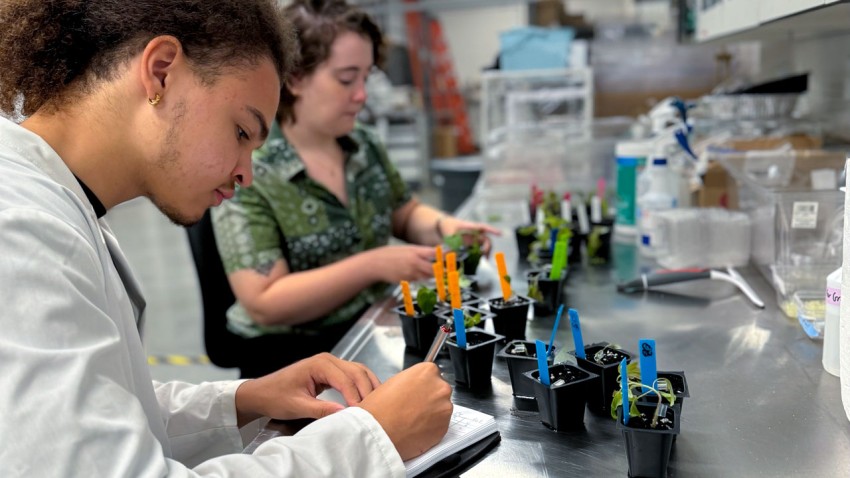News
The study answers how people can keep learning new things for a lifetime without using up all of their neurons.
More than 100 Arts and Sciences students were awarded Summer Experience Grants, which help students pay for housing, food, transportation and other expenses while they undertake minimally paid or unpaid summer internships or positions.
Since 1986, STEP has been addressing the underrepresentation of marginalized students in science, technology, engineering and math through programs at more than 50 universities across New York.
An international team of researchers discovered that coastal urban seagrass ecosystems can significantly reduce human bacterial pathogens, including those with widespread antibiotic resistance, in marine bivalves — a vital food source for people around the world.
A new study that tracks how many asthma-related emergency room visits result from pollen in metropolitan areas across Central Texas highlights the importance of knowing local plants and the need for developing science-based pollen forecasts.
The study points to chromosomal errors as the cause of 42% of miscarriages and spontaneous abortions in the first two months of pregnancy in horses.
Colorado State University has joined the NSF-funded Center for Research on Programmable Plant Systems (CROPPS), led by Cornell University, with Arjun Khakhar spearheading projects on plant genome editing and enhancing nitrogen and water use in crops.
Lawmakers announced $19.5 million in capital funding to the New York State Veterinary Diagnostic Laboratory at Cornell during a ceremony July 29 at the university.
The program in the College of Arts & Sciences provides undergraduate students with summer opportunities to conduct research with and be mentored by faculty from across the college.
Cornell researchers have identified a switch that regulates inflammation caused by an immune response, a finding that could one day help to control inflammation-related conditions.










